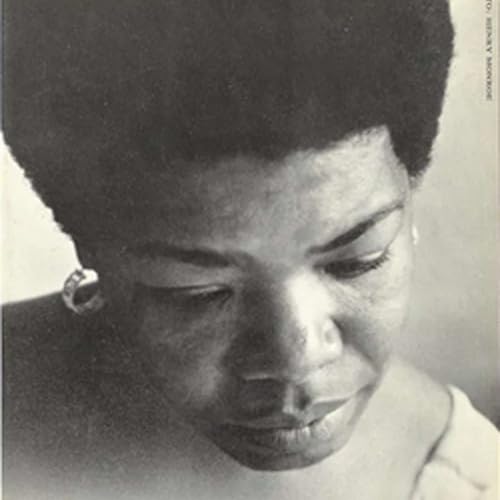
Haunted Legacies
No se pudo agregar al carrito
Add to Cart failed.
Error al Agregar a Lista de Deseos.
Error al eliminar de la lista de deseos.
Error al añadir a tu biblioteca
Error al seguir el podcast
Error al dejar de seguir el podcast
-
Narrado por:
-
De:
Send us a text
Toni Morrison shows us that literature can be both beautiful and necessary. That stories, especially the hard ones, can teach us how to see, how to remember, and maybe even how to heal.
Morrison's importance stems from several key aspects of her work:
Her novels powerfully explore the complexities of Black life in America, often focusing on the perspectives of Black women and girls. She intentionally did not center the "white gaze" in her writing, instead creating a "canon of black work" that spoke directly to Black audiences.
Now let me take a detour and deal with the concept of a “white gaze” in an individuals writing. The "white gaze" in literature refers to the unconscious assumption that the default reader is white. This forces authors of color to constantly consider how their work will be perceived by a white audience. This can lead to over-explanation, where authors feel the need to explain cultural nuances, historical context, or even everyday customs of their communities. Characters and situations may be simplified to fit preconceived notions of a white readership - in other words stereotyping. Writers may avoid certain topics or narrative choices for fear of alienating, confusing, or being judged by a white audience - also known as self censorship.
Support the show
Thank you for experiencing Celebrate Creativity.



